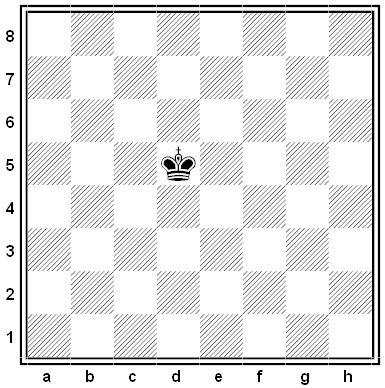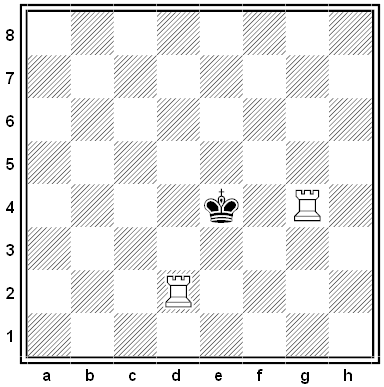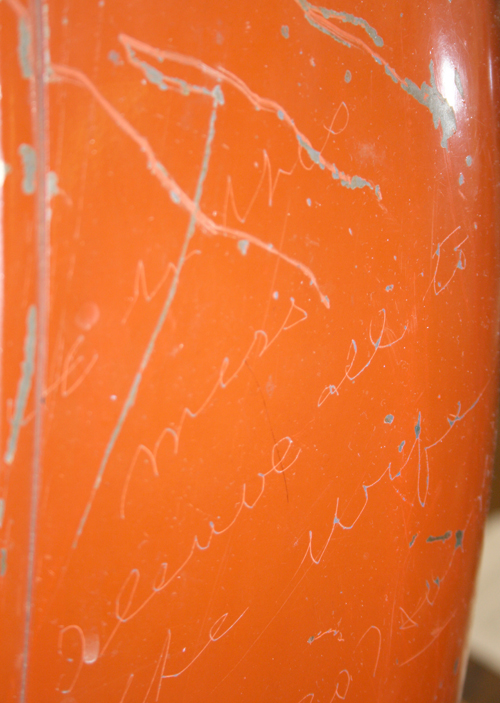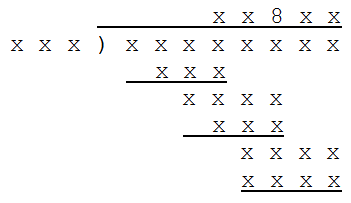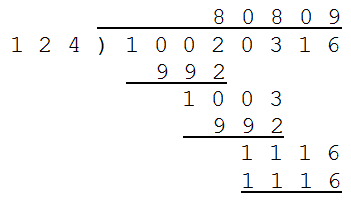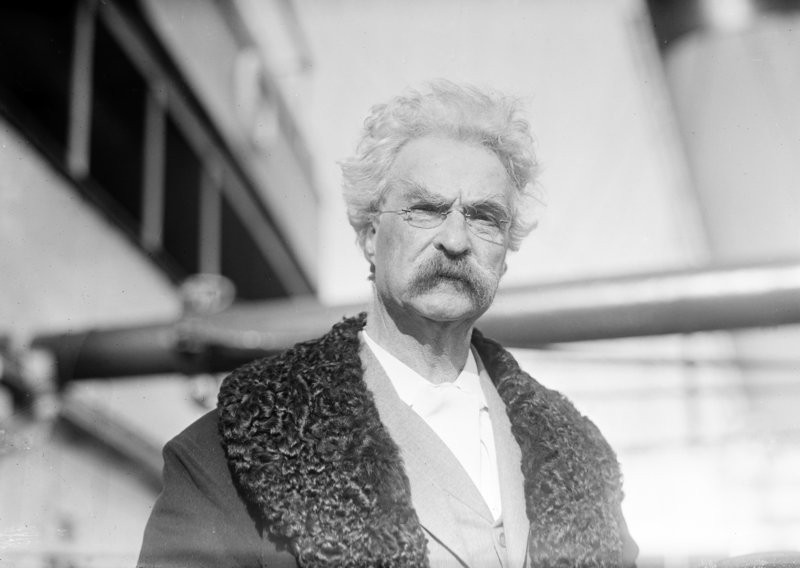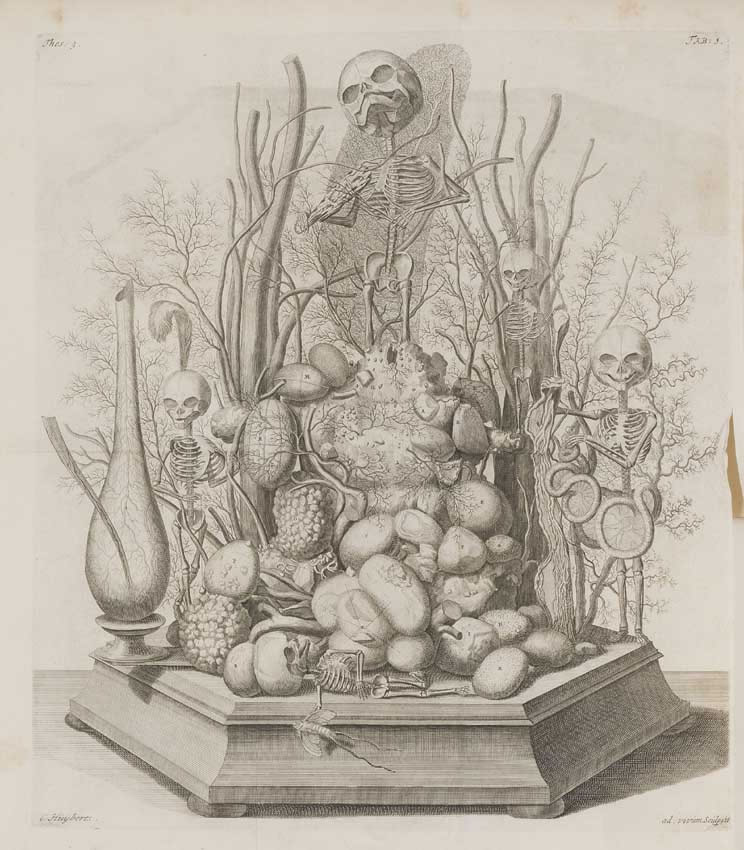
In 1921 aeronautical engineer Giovanni Caproni designed a 100-seat transatlantic airliner with nine wings. With an empty weight of 14,000 kg, the Caproni Ca.60 Transaereo did tolerably well on its first test flight on Lake Maggiore, but it crashed on the second and never flew again. Caproni said, “So the fruit of years of work, an aircraft that was to form the basis of future aviation, all is lost in a moment. But one must not be shocked if one wants to progress. The path of progress is strewn with suffering.”
Nine wings isn’t even the record — that might belong to the “clever but somewhat dogmatic” Victorian engineer Horatio Phillips, who devised aircraft with up to 200 airfoils, basing them on a multi-vaned marine hydrofoil that he had designed. “But air and water do not behave similarly,” notes James Gilbert in The World’s Worst Aircraft (1976). “Air is compressible, while water, as you will know if you have ever belly-flopped into a swimming pool, hardly is. Multiple vanes lift well in water, poorly if at all in air.” Phillips spent £4,000 and gave up.


